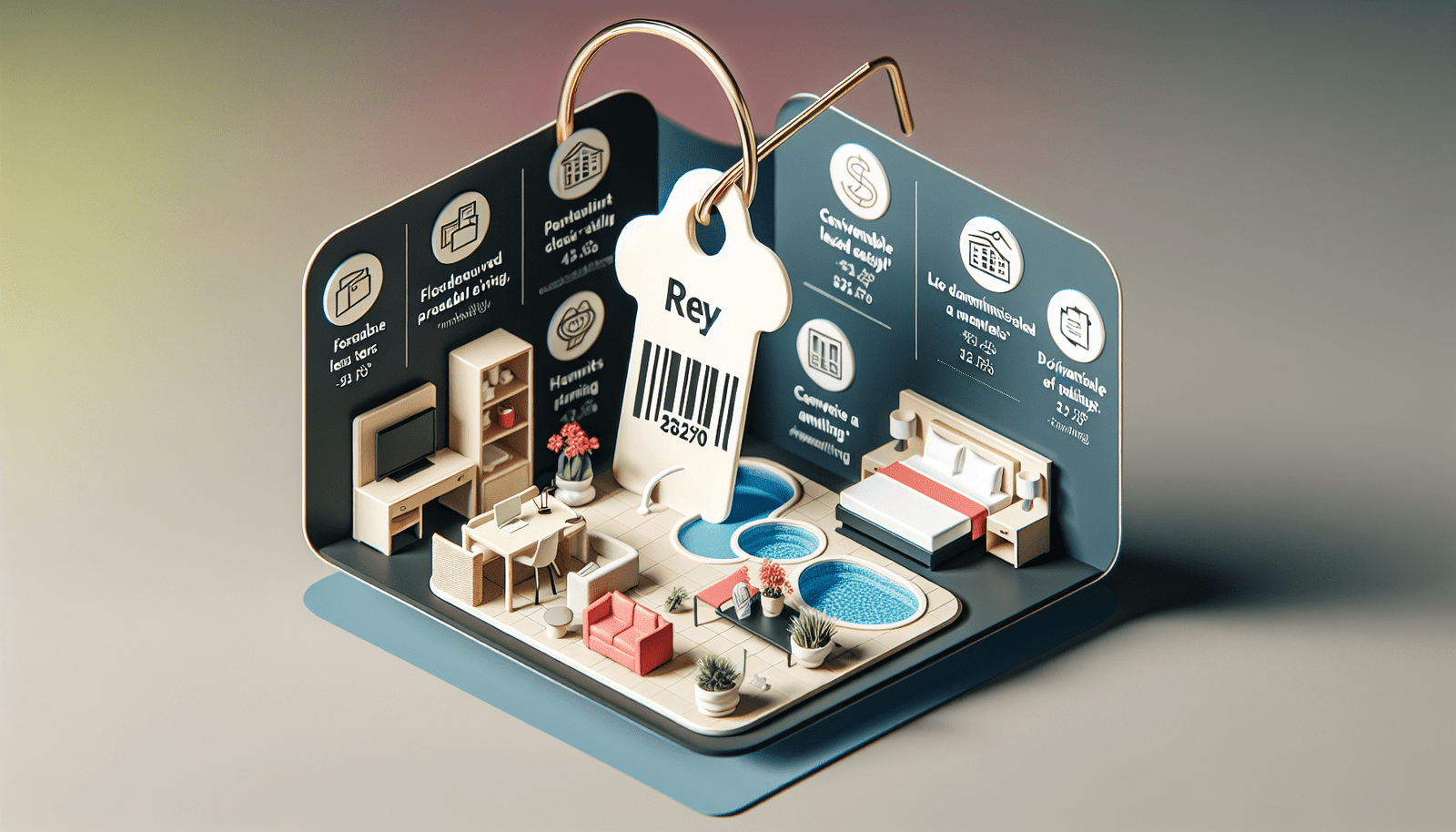Hey there! Have you ever wondered if living in a hotel could actually be more cost-effective than renting an apartment? In this article, we’ll explore the various factors to consider when contemplating this unconventional living arrangement. From amenities and utilities to location and maintenance costs, we’ll break down the pros and cons of hotel living to help you decide if it could be a practical and affordable option for you. Let’s dive in and explore the possibility of a hotel lifestyle becoming your new home sweet home. Is it cheaper to just live in a hotel?
Have you ever wondered if it would actually be more cost-effective to live in a hotel rather than renting an apartment or buying a house? While it may seem like an unconventional idea, there are actually several factors to consider. In this article, we will explore the pros and cons of living in a hotel long-term, as well as provide you with some tips on how to potentially save money if you choose to go this route.
Pros of living in a hotel
Living in a hotel may come with some advantages that you may not have considered before. Here are a few pros to keep in mind:
Convenience and amenities
When you live in a hotel, you will have access to a wide range of amenities that can make your life more convenient. From daily housekeeping services to on-site restaurants and room service, hotels are equipped to make your stay as comfortable as possible. Additionally, many hotels offer facilities such as gyms, swimming pools, and business centers that you can take advantage of.
Flexible lease terms
Unlike traditional apartment leases, hotel stays are generally more flexible. This means that you can easily change your plans without being tied down to a long-term contract. If you need to relocate for work or personal reasons, staying in a hotel can provide you with the flexibility you need.
All-inclusive pricing
One of the biggest advantages of living in a hotel is the all-inclusive pricing. Your nightly rate typically covers not only your room but also utilities, internet, cable TV, and other services. This can make budgeting much simpler as you won’t have to worry about additional bills popping up unexpectedly.
Cons of living in a hotel
While there are certainly some advantages to living in a hotel, there are also some drawbacks to consider. Here are a few cons to keep in mind:
Lack of personalization
Living in a hotel can feel impersonal compared to having your own apartment or house. You may not have as much control over the decor and layout of your living space, which can make it feel less like home.
Limited space
Hotel rooms are typically much smaller than apartments or houses, which can make it challenging to store all of your belongings. If you have a lot of furniture or other items, you may find that you need to rent a larger suite or room, which can increase your costs.
Noise and crowds
Hotels can be noisy places, especially if you are staying in a popular tourist destination or a city center. You may have to deal with noisy neighbors, loud guests in the hallways, or outside noise that can disrupt your peace and quiet.
Cost comparison: living in a hotel vs. renting an apartment
Now that we have discussed some of the pros and cons of living in a hotel, let’s take a closer look at the cost comparison between these two options. To make it easier to understand, we will break down the costs associated with each choice in a table:
| Cost Category | Living in a Hotel | Renting an Apartment |
|---|---|---|
| Monthly rent/utilities | $2,000 | $1,500 |
| Food and dining | $1,000 | $500 |
| Entertainment | $500 | $200 |
| Total Monthly Cost | $3,500 | $2,200 |
As you can see from the table above, living in a hotel can be significantly more expensive than renting an apartment. While the convenience and amenities that come with staying in a hotel are appealing, the cost may not be feasible for everyone.
Tips for saving money while living in a hotel
If you are considering living in a hotel long-term but are concerned about the cost, there are a few strategies you can use to potentially save money. Here are some tips to keep in mind:
- Look for long-term stay discounts: Many hotels offer discounts for guests who stay for an extended period of time. Be sure to inquire about any special rates that may be available for long-term stays.
- Utilize loyalty programs: If you frequently stay in hotels, consider signing up for a loyalty program that can earn you points or rewards for your stays. These rewards can be used to offset the cost of future stays or upgrades.
- Opt for a room with a kitchenette: To save money on dining out, consider booking a room with a kitchenette so that you can prepare your own meals. This can be a more affordable option than constantly eating at restaurants.
- Negotiate your rate: Don’t be afraid to ask for a discount when booking your stay. Many hotels are willing to negotiate the rate, especially if you are staying for an extended period of time.
Living in a hotel long-term may not be the most cost-effective option for everyone, but it can be a convenient and flexible choice for some individuals. By weighing the pros and cons and considering the cost comparison, you can make an informed decision about whether living in a hotel is the right choice for you. And with these money-saving tips in mind, you can potentially make your hotel stay more affordable and enjoyable.
